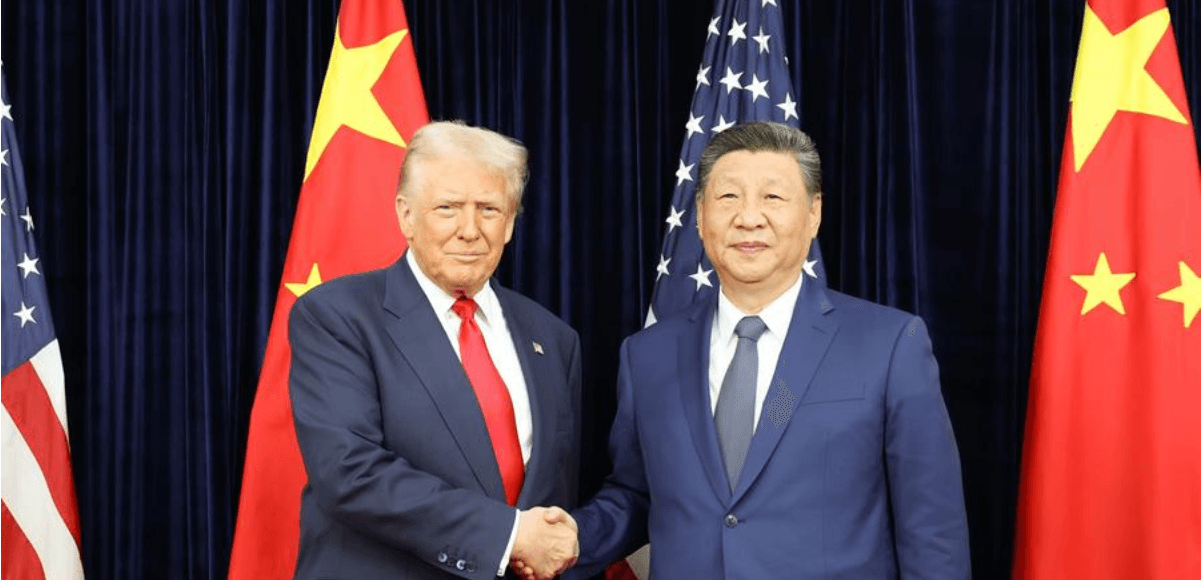Imagine this—a helpless donkey carrying a heavy load is mercilessly whipped by its owner to make it move faster. The overburdened equine is already struggling under the weight of the load, and the added abuse is intolerable and distressing.
Furthermore, picture a donkey carrying a load that is far too heavy for its small frame, causing it to collapse and suffer severe injuries. Sadly, these are not isolated cases.
Donkeys are essential animals for many people in Kenya, especially those living in rural and urban areas. They are used for transportation, carrying goods, plowing fields, and other agricultural activities.
Despite their importance, donkeys in Kenya are often neglected and mistreated, leading to a range of health and welfare problems. Sadly, the current animal welfare laws are failing them, and something needs to be done.
The existing Kenyan law on animal cruelty, Cap 360 was established to prevent unnecessary suffering and abuse of all animals. However, the law falls short when it comes to safeguarding the welfare of working animals, including donkeys. It lacks specificity and contains numerous loopholes that make it difficult to enforce.
This is a significant gap in the legal framework, as working animals have unique welfare needs that must be taken into consideration.
In addition, the law lacks regulations that would have specified the maximum weight limit for donkeys carrying loads or the welfare-friendly materials such as well-woven tethers and harnesses that should be used to guide them. Moreover, it does not prohibit the use of crude methods such as whipping, nose rings, or unfriendly harnessing.
The law’s maximum penalty is a Sh3,000 fine or a six-month prison term, or both, which is too lenient and does not act as a deterrent to potential offenders. Law enforcement is also a significant issue as those who are cruel towards working donkeys often go unpunished.
It is about time to make a change. The government needs to establish specific legislation that addresses the unique challenges facing donkeys and provide adequate penalties for offenders. For example, the law should clearly state the weight limit for donkeys carrying loads and the welfare-friendly materials that should be used to guide them.
Additionally, there must be clear guidelines on reporting and investigating animal cruelty cases to ensure accountability and enforcement of the law. This will require collaboration between government agencies, animal welfare organisations, and other stakeholders to ensure that working animals are treated with the care and respect they deserve.
Donkeys are invisible workers that play a crucial role in many industries in Kenya. They deserve respect and compassion. It’s time for animal welfare laws in the country to catch up and provide them with the protection they need and deserve. Let’s take bold action now to make a difference for these animals and ensure their welfare.
Digital communications, Brooke East Africa











